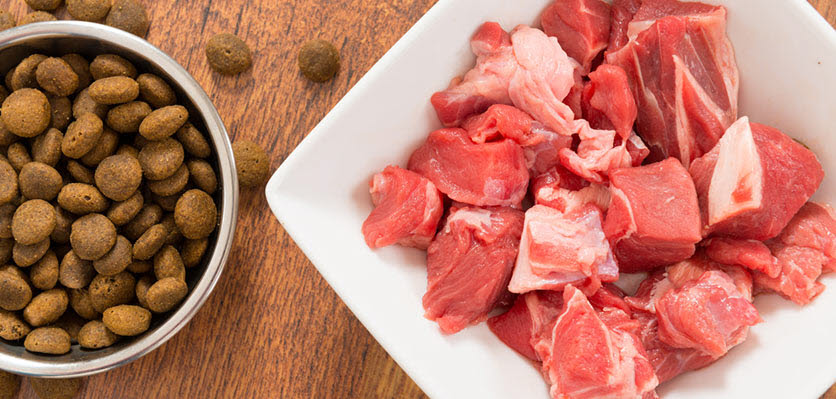
A paper published in the Veterinary Record last month investigated the presence of bacterial contamination in commercially available raw meat pet food products in Sweden.1 Samples were taken from 60 raw meat pet food products sold in supermarkets in Sweden and produced by 10 different pet food manufacturers.
Results showed all 60 samples were contaminated with Enterobacteriaceae bacteria, suggesting faecal contamination because these bacteria are found in the gastrointestinal tracts of animals. The presence of E. coli and other Enterobacteriaceae bacteria is often used as an indicator of hygiene during processing.
In addition to the presence of Enterobacteriaceae bacteria being found on the samples, Salmonella species were found in four of the samples and Campylobacter species in three samples. In two samples, the level of Clostridium perfringens bacteria exceeded 5000 bacteria/g, which is above the maximum limit for anaerobic bacteria permitted by Swedish national guidelines.
The authors concluded that raw pet meat food sold commercially in Sweden should be handled carefully, with owners needing to implement strict hygiene protocols when storing, handling and feeding raw meat pet food products. They also discussed the potential health risks that raw meat pet food products present to both humans and animals, particularly geriatric, neonatal and immunocompromised individuals.
These findings come at a time when raw meat-based diets for pets are becoming increasingly popular.
The proliferation of both commercially available raw diets such as ‘biologically appropriate raw food (BARF)’, as well as homemade diets, is leading to growth in the raw pet meat sector. Although commercial dry and canned pet foods still dominate the pet food market, the introduction of raw diets and homemade diets is leading to a small but passionate group of owners who promote raw diets for health and philosophical reasons.
The pet food industry in Australia is currently under review. After a Senate Inquiry examined regulatory approaches to ensure the safety of pet food in late 2018, the resulting inquiry’s report recommended widespread changes to both oversight and safety standards of the sector. The federal Department of Agriculture and Water Resources is currently leading a working group comprising representatives from state governments, the Australian Veterinary Association, RSPCA Australia and Food Standards Australia and New Zealand. This working group is examining how best to regulate and improve safety standards in the pet food industry. Commercially available raw pet meat products will be included in this review, as well as treats and manufactured pet food.
It is currently unknown if the results of this Swedish study are replicated in the raw pet meat market here in Australia. Similar results were found when raw pet meat products were tested in the Netherlands in 2018, with high levels of bacterial contamination as well as several parasites including Sarcocystis species and Toxoplasma gondii detected.
If owners insist on feeding raw pet meat products to their pets, the authors of the Veterinary Record paper recommend the following risk reduction tips: keep raw pet meat frozen until use, always handle raw pet meat with separate utensils as well as wash hands thoroughly after contact and do not feed raw pet meat products in households with immunocompromised individuals.
This article originally appeared in the May 2019 Australian Veterinary Journal.
